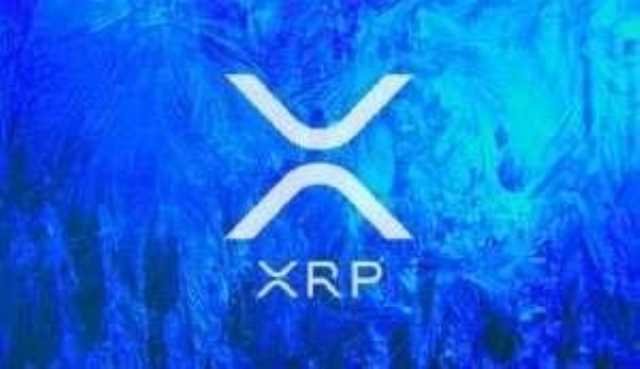
If you enjoy getting to grips with crypto and blockchain, check out our School of Block video Get Rich Quickly In Crypto. Take a deep dive into the burgeoning decentralized financial system. Learn how tokenization could bring trillions in value to blockchains. Nintendo of Europe is not responsible for the content or security of the site you are about to visit.
Should You Get DeX?
As the crypto world grows, decentralized exchanges (DEXs) are expected to become more and more popular, playing an integral part in the market. All trades are visible on the blockchain, which helps to ensure that all transactions are fair and secure, as well as providing users with greater peace of mind. Additionally, the use of smart contracts ensures that all trades are executed according to predetermined rules and conditions, further increasing transparency. The term DEX stands for ‘decentralized exchange,’ a cryptocurrency platform that enables peer-to-peer interactions among traders to buy, sell and swap between various digital assets. This is in contrast to how centralized exchanges (CEX) work by using intermediaries to connect the different exchange users. A centralized exchange (CEX) is a platform that facilitates cryptocurrency trading through an order book, where buy and sell orders are matched.
Stay Secure: Access DEXs With Your Ledger
The details of the offer are displayed based on the country settings of your Nintendo Account. After your payment has been processed, the content will be downloaded to the applicable system linked to your What is DEX Nintendo Account. This system must be updated to the latest system software and connected to the internet with automatic downloads enabled, and it must have enough storage to complete the download.
Drawbacks of DEXs
As a reward for their participation, they get a share of the fees traders pay to access or ‘draw’ from the pool. For others, it seems obvious that an exchange should be centralized. In fact, many have argued that “decentralized exchange” is an oxymoron.
A. The cryptocurrencies traded on a DEX depend on the specific exchange and the blockchain it operates on. Most DEXs operate on the Ethereum blockchain and thus support trading Ethereum and ERC-20 tokens. However, there are also DEXs on other blockchains like Binance Smart Chain and Polkadot, which support different sets of tokens. Decentralized exchanges, better known as DEXs, facilitate the direct trading of cryptocurrencies. Unlike centralized exchanges (CEXs), DEXs don’t allow for exchanges between fiat and crypto. DEXs represent about one percent of the cryptocurrency market’s trading volume.

Disadvantages of DEXs

For instance, with Uniswap, you can buy and sell non-fungible tokens. The network you choose will affect the assets that will be available for you to trade. Therefore, if you do not find an asset in one network, try switching networks and searching for it on another.
- Chainlink Automation can also be used to reliably perform the periodic distribution of trading fees and staking rewards.
- Most DEX creators plan to say they’re only releasing open source software and are not liable for what the community does with that software, thus avoiding the KYC and AML issues.
- If there’s an issue with the contract, the funds could disappear.
- Rather than act as a singular DEX, it provides a framework for parties known as “relayers” to manage off-chain order books.
- For example, Uniswap charges a 0.3% fee that is split between liquidity providers.
- Automated market makers (AMMs) are revolutionizing the world of decentralized exchanges (DEXs).